Why there is No Muslim Regiment in Indian Army?
The absence of a Muslim Regiment in the Indian Army is a complex and multifaceted issue, with historical, political, and social factors all playing a role. While the Indian Army has made progress in promoting diversity and inclusion, the establishment of a dedicated Muslim Regiment remains a significant challenge
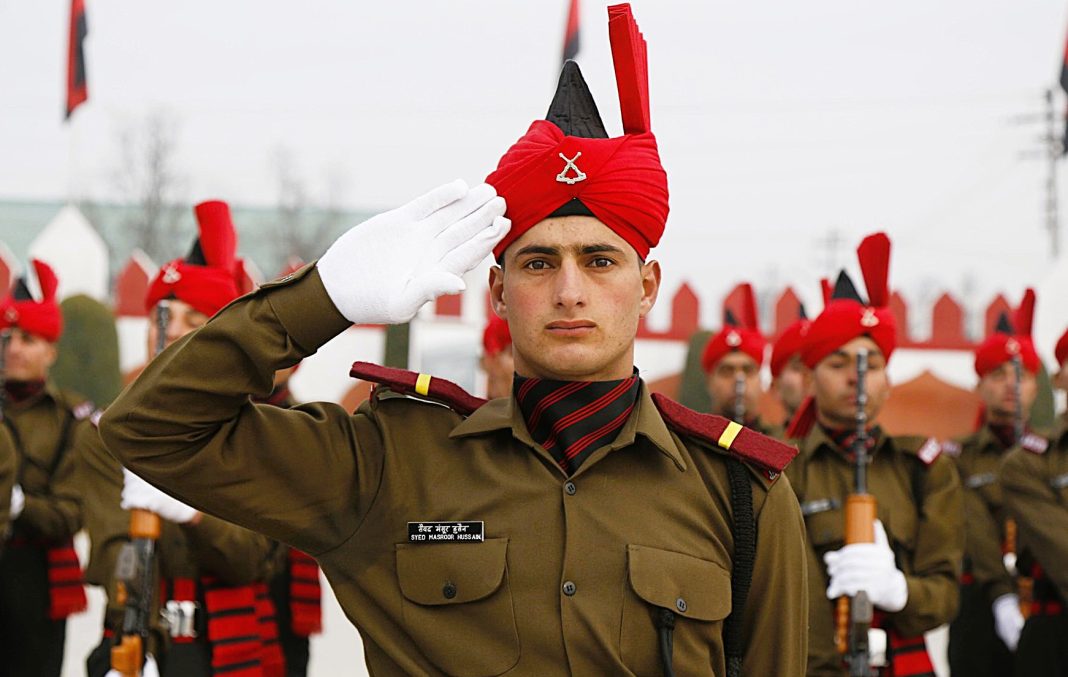
The Indian Army, one of the largest and most respected military forces in the world, has a rich history of diversity and inclusiveness. However, the absence of a dedicated Muslim Regiment within its ranks has been a topic of discussion and debate for decades.
This article delves into the historical, political, and social factors that have contributed to the lack of a Muslim Regiment, and explores the challenges and opportunities that lie ahead.
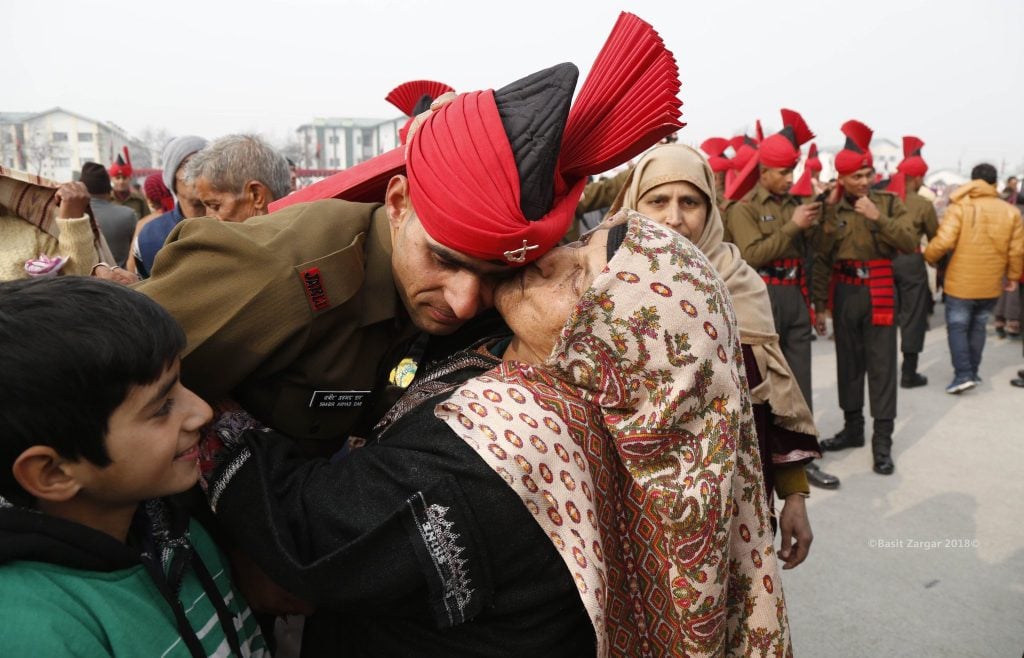
Historical Factors Leading to the Absence of a Muslim Regiment
The roots of this issue can be traced back to the colonial era, when the British Indian Army had a distinct system of recruitment and organization based on religious and ethnic lines. The British, in an effort to maintain control, often favored certain communities over others, leading to the formation of regiments like the Sikh Regiment, Gurkha Regiment, and Dogra Regiment, among others. However, the Muslim community was not granted a similar privilege, leading to an underrepresentation in the army.
The Impact of the Partition of India on the Muslim Regiment
The partition of India in 1947 and the subsequent creation of Pakistan further exacerbated the issue. Many Muslim soldiers, officers, and their families opted to migrate to the newly formed nation, leaving a significant void in the Indian Army’s Muslim representation. This, combined with the lingering effects of the colonial-era policies, contributed to the absence of a dedicated Muslim Regiment in the post-independence Indian Army.
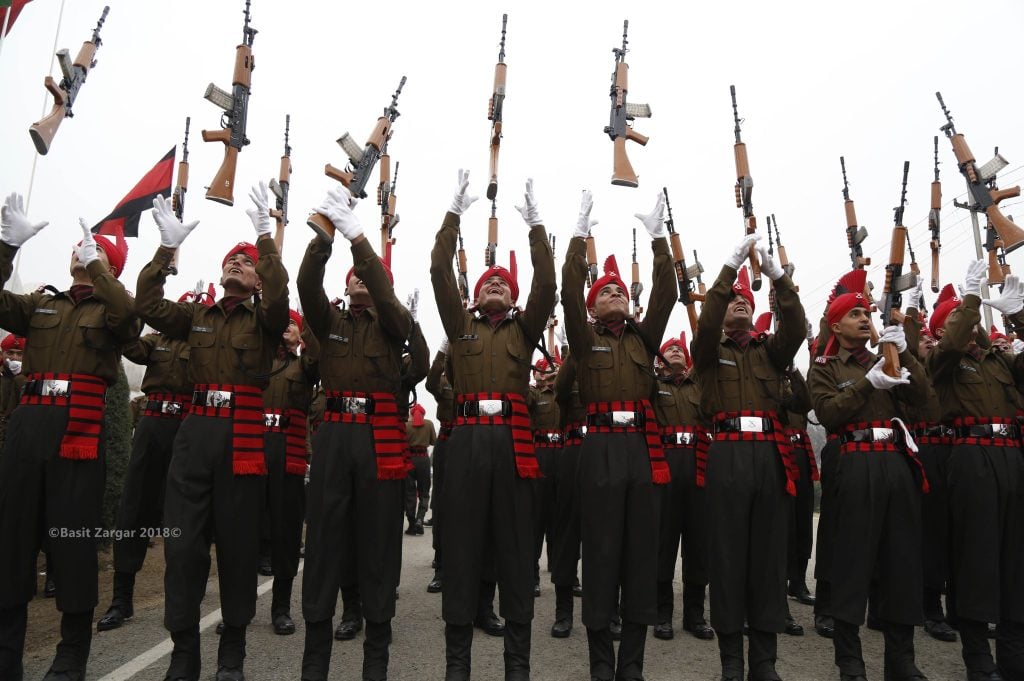
Contemporary Factors Influencing the Absence of a Muslim Regiment
In the decades following independence, the Indian Army has made efforts to promote diversity and inclusion, but the establishment of a Muslim Regiment has remained a challenge. The political and social dynamics, as well as concerns over the potential for communal tensions, have all played a role in the continued absence of such a regiment.
Challenges Faced by Muslim Individuals in Joining the Indian Army
The perception of challenges for Muslims in joining the Indian Army often stems from societal biases and misinformation. However, the reality tells a different story, as Muslims have been an integral part of the Indian Armed Forces. A shining example is the Jammu and Kashmir Light Infantry (JAK LI), whose composition includes over 50% Muslim soldiers. This regiment, raised in response to the Pakistani aggression of 1947-48, stands as a testament to their valor and patriotism.
JAK LI has actively participated in every major conflict India has faced, earning numerous prestigious awards, including 1 Param Vir Chakra, 2 Ashok Chakras, 10 Maha Vir Chakras, and several other honors. These achievements highlight the inclusive nature of the Indian Army, where merit, discipline, and dedication transcend religious or cultural boundaries, making it a platform where individuals of all backgrounds can excel.
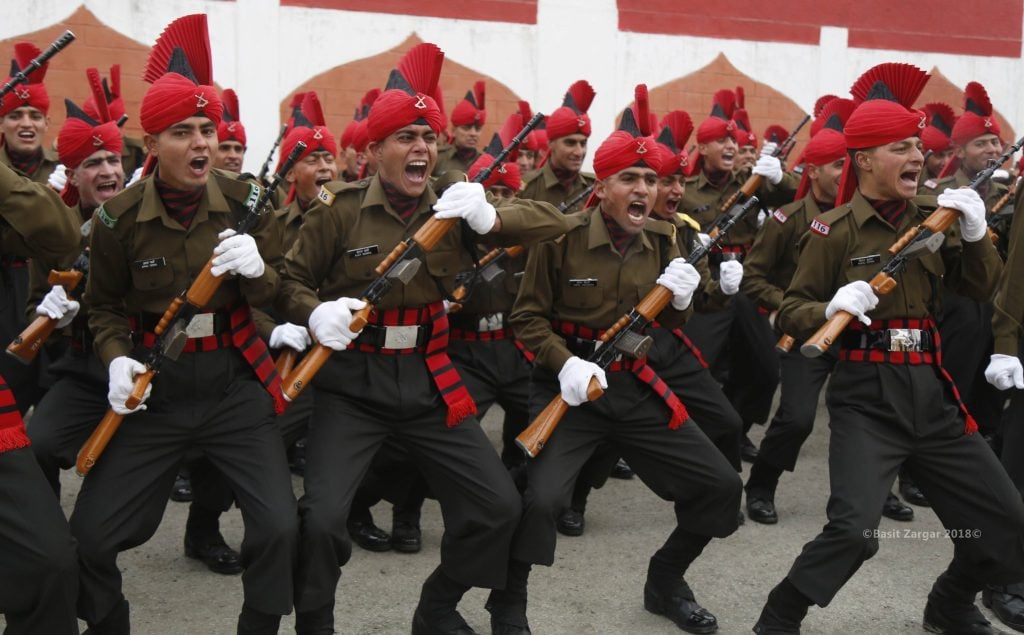
Efforts to Promote Diversity and Inclusion in the Indian Army
The Indian Army has recognized the importance of diversity and inclusion, and has taken steps to address the underrepresentation of certain communities, including Muslims. This includes initiatives such as targeted recruitment drives, diversity awareness programs, and the promotion of officers to senior leadership positions.
There are numerous examples of Muslim individuals who have excelled in the Indian Army, serving with distinction and making significant contributions to the nation’s defense. These case studies serve as inspirational examples and highlight the potential that exists within the Muslim community to serve in the armed forces.
A diverse and representative military is not only a reflection of the society it serves, but also a strategic asset. A military that reflects the diversity of the nation is better equipped to understand and respond to the needs of all its citizens, and is more resilient in the face of complex security challenges.
Over the years, there have been periodic calls from various stakeholders, including political leaders, civil society organizations, and the Muslim community itself, for the establishment of a dedicated Muslim Regiment in the Indian Army. These calls have often been met with a range of responses, from cautious consideration to outright rejection, reflecting the complex and sensitive nature of the issue.
The absence of a Muslim Regiment in the Indian Army is a complex and multifaceted issue, with historical, political, and social factors all playing a role. While the Indian Army has made progress in promoting diversity and inclusion, the establishment of a dedicated Muslim Regiment remains a significant challenge.
However, the importance of a diverse and representative military, coupled with the potential contributions of the Muslim community, suggest that this issue will continue to be a subject of discussion and debate in the years to come.



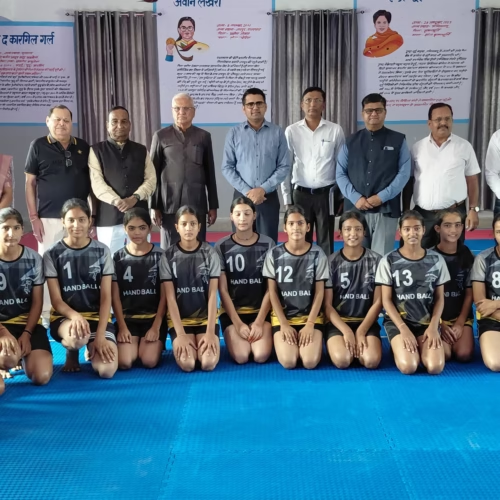
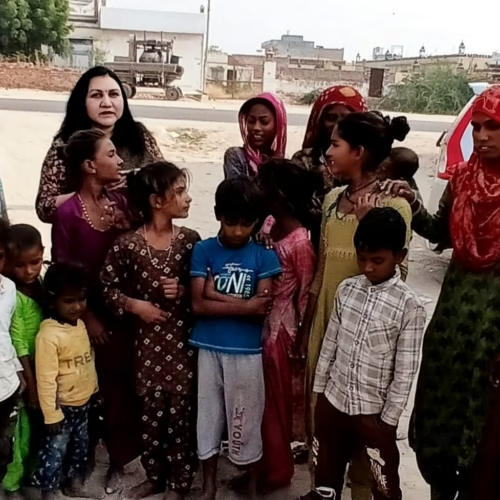
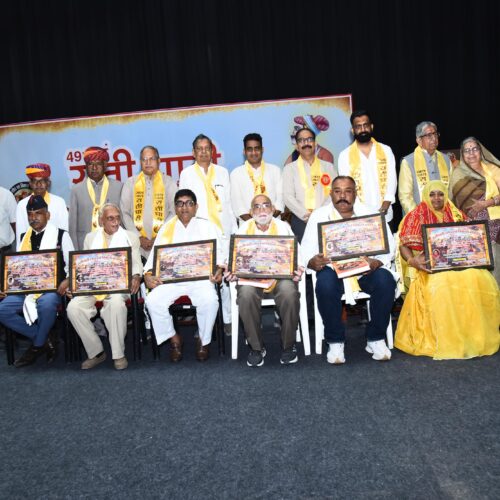
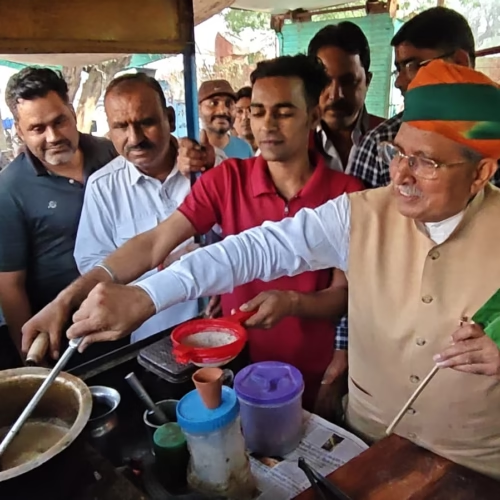
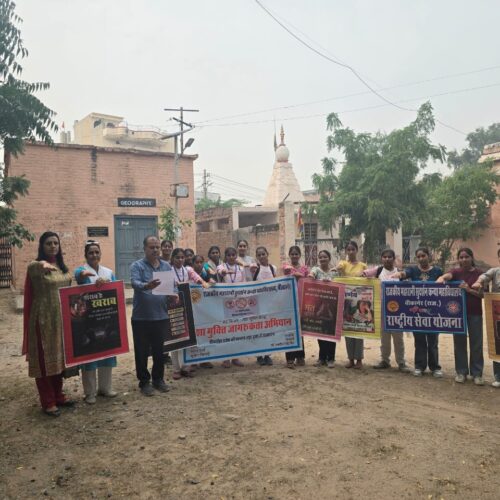
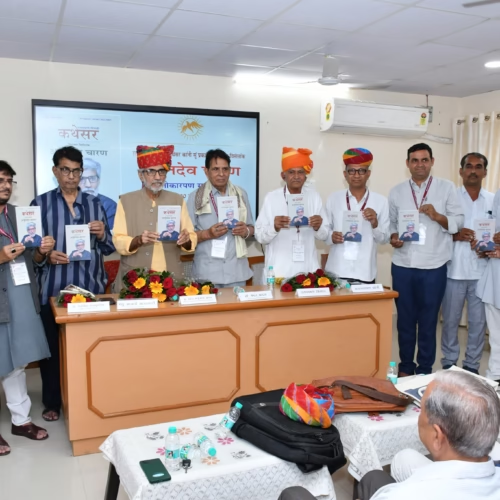
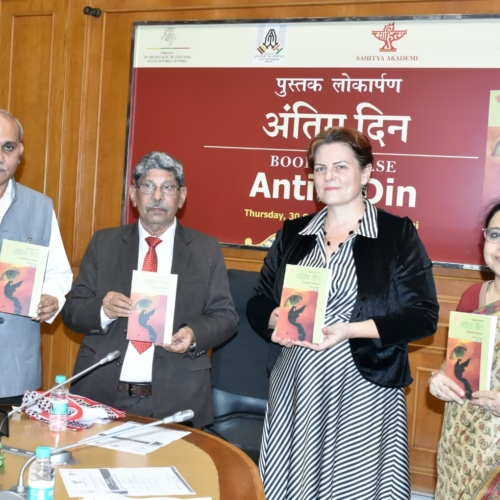
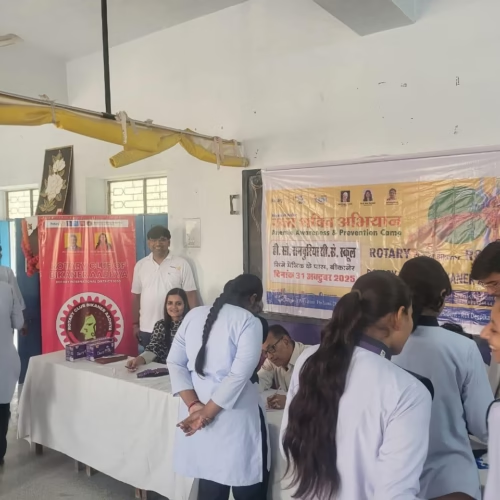
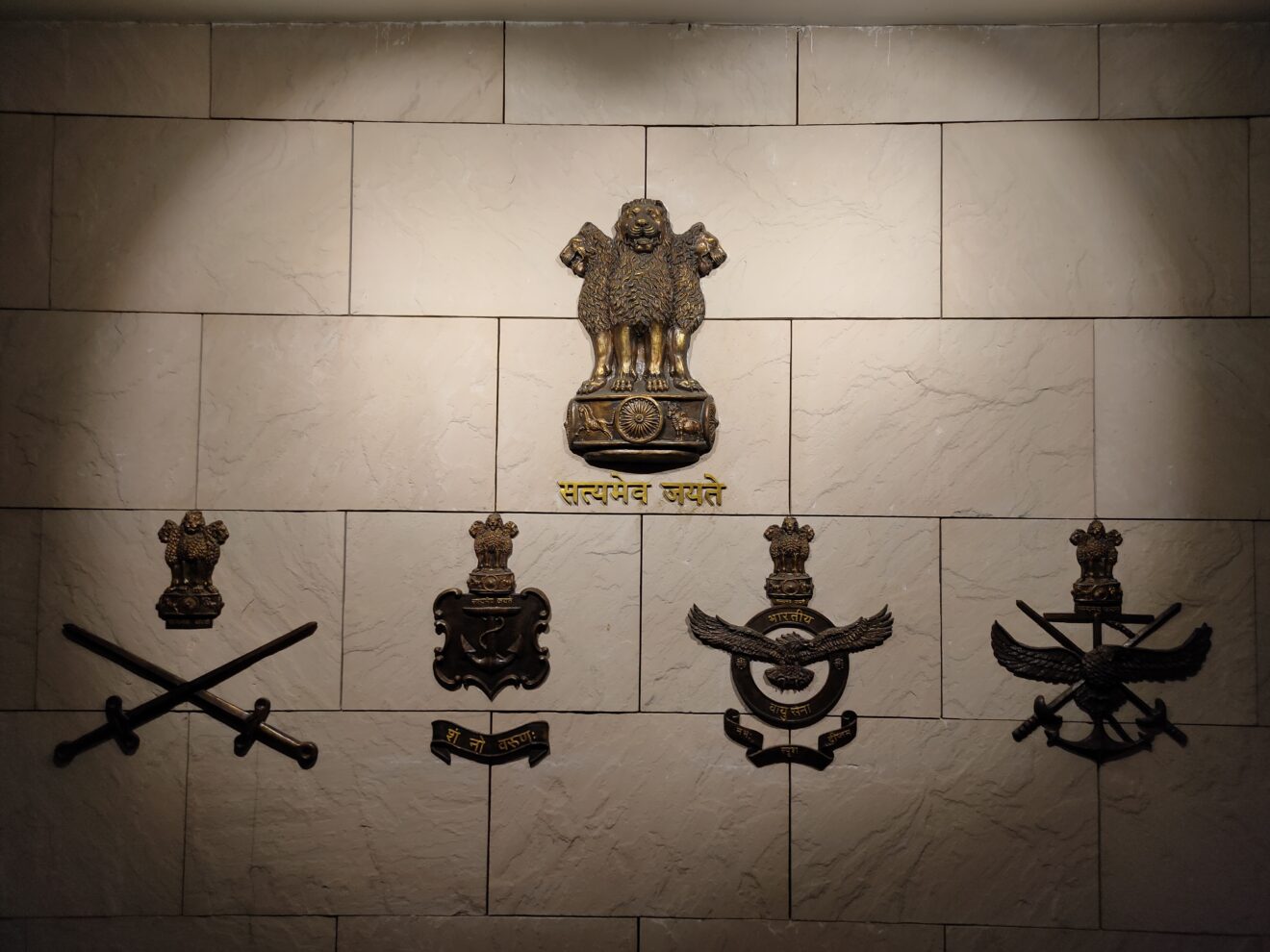




Add Comment